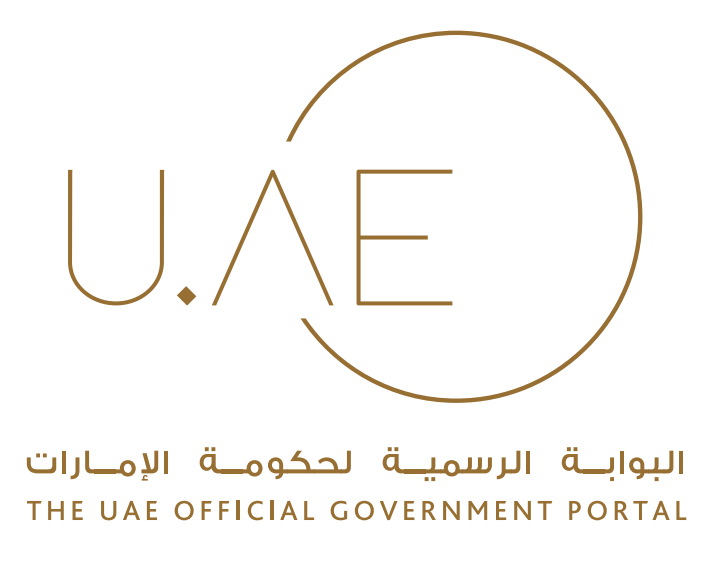The Dubai Health Authority (DHA) highlighted 10 practices that parents must avoid to ensure their children’s safety and the safety of others at school in its parent guidebook for COVID-19.
The guidebook, which is available on the DHA website, aims to provide parents with accurate, updated and reliable information on the best ways to keep themselves, families and communities safe.
Dr Hend Al Awadhi, Head of Health Promotion and Education at the DHA stressed on parents, the importance of adhering to all health instructions issued by schools and detailed in the guidebook.
She also highlighted some practices that parents must refrain from doing such as:
- Sending your child to school if they have symptoms
To begin with, Dr Al Awadhi said parents must be informed of the signs and symptoms of COVID-19 and they should NOT send their child to school if they are suffering from symptoms that include:
Fever that is equal to or higher than 37.5˚C, pain in the body, coughing, shortness and difficulty in breathing, headache, loss of the sense of smell and taste, diarrhea, nausea, sore throat and runny nose.
She said that if the child starts developing any of these COVID-19 symptoms at home, then he/she must remain at home and the parent must inform the school immediately. If needed, the parent must seek medical advice and request a PCR test before returning the child to school.
If the result is negative, the parent can sent the child to school only after he/she is free of symptoms. Parents can submit the PCR test result and sick leave/attendance certificate upon the child’s return to school.
If the result is positive, parents should inform the school immediately. They should then follow medical instructions and adhere to isolation precautions, while continuing distance learning. Upon returning to school, the parent must provide a COVID-19 Clearance Certificate from the treating doctor or by calling the DHA toll free number on 800 342.
If the child starts developing COVID-19 symptoms at school, they will be immediately taken to the isolation room (a designated room to separate a suspected or confirmed COVID-19 case from the rest of the students until the parent/ guardian arrives).
Parents must then seek medical advice and get a PCR test done for their child and adhere to the above procedures depending on whether the test result is positive or negative.
Close Contacts to the child (such as siblings, other family members, classmates and friends) MUST adhere to home quarantine for 10 days.
- Sending your child to school if you notice symptoms, while they are on the way to school
Parents and companions should also observe children for any signs and symptoms during the journey to and from school, while in the car. If any signs and symptoms appear, the child must return home, seek medical advice and inform the school immediately. The parent must adhere to the above procedures depending on whether the test result is positive or negative.
- Putting your child on the bus if they have symptoms
If signs & symptoms appear while riding the bus, the student showing symptoms should be seated at the front of the bus and the school health and safety officer must take the child to the isolation room at school upon arrival. The school must inform the parent to collect the child and take the child home. The school must also request the parents to seek immediate medical advice. Parents must cooperate with the school by taking the child immediately and they should follow the medical instructions. Parents must adhere to the procedures mentioned above, depending on whether the test result is positive or negative.
- Sending your child to school if he/she was in contact with a positive case
Dr Al Awadhi explained that a close contact is any individual who was within a distance of 2 meters or less of a COVID-19 infected person for 15 minutes or more.
If a child is identified as a close contact to a positive COVID-19 case outside the school; parents must inform the school immediately and adhere to home quarantine for 10 days from the date of the last contact with the infected person.
While the child is on home-quarantine, parents must monitor their child for COVID-19 signs & symptoms. If no symptoms appear, the child can return to school after completing the entire 10 day quarantine period. Close contacts are not required to do a PCR test unless they show signs & symptoms of COVID-19 during the quarantine period. If they do show signs, the parent should get the child a PCR test, if its positive then they should inform the school and begin distance learning.
Around two days before returning to school, the school doctor / nurse will virtually evaluate the child to ensure that he/she does not have any signs & symptoms. After the virtual evaluation, if the child is allowed to return to school, he/she must go to the school clinic upon arrival to evaluate his/her health condition in order to resume learning activities in school.
- Send you child to large gatherings and parties
Dr Al Awadhi stressed that parents must refrain from sending their children to big gatherings like birthdays and parties to minimize their chances of exposure to the COVID-19 virus.
- Not educating your child on COVID-19 preventive measures.
Al Awadhi said that it’s the parent’s responsibility to make sure that their child is aware of vital information related to COVID-19 such as, what the common symptoms are, and what precautionary measures they should take.
- Not wearing face masks
Dr Hend said that students above 6 years should wear a face mask. She encouraged parents to provide children with an adequate number of masks and sanitizers wherever they go.
- Sharing personal items with others
She added that parents must ensure that their child has sufficient school supplies, food and other essential items so that they don’t have to borrow or share items with one another.
- Not paying attention to your child’s mental health
Dr Al Awadhi said that the world is currently facing a difficult challenge where adults and children alike may experience fear, worry, and stress. Parents much speak to their children and be open and listen to them. They should reassure them and give them reassurance and comfort.
- Ignoring precautionary measures
She reiterated the importance of following precautionary measures—such as wearing face masks, sanitizing regularly and practicing physical distancing— as they have a vital role in preventing the spread of COVID-19.
To view the full parent guide for COVID-10, visit the below link:
https://www.dha.gov.ae/Asset%20Library/COVID19/Students_COVID-19_Nov_EN.pdf









 For an optimal experience please
For an optimal experience please